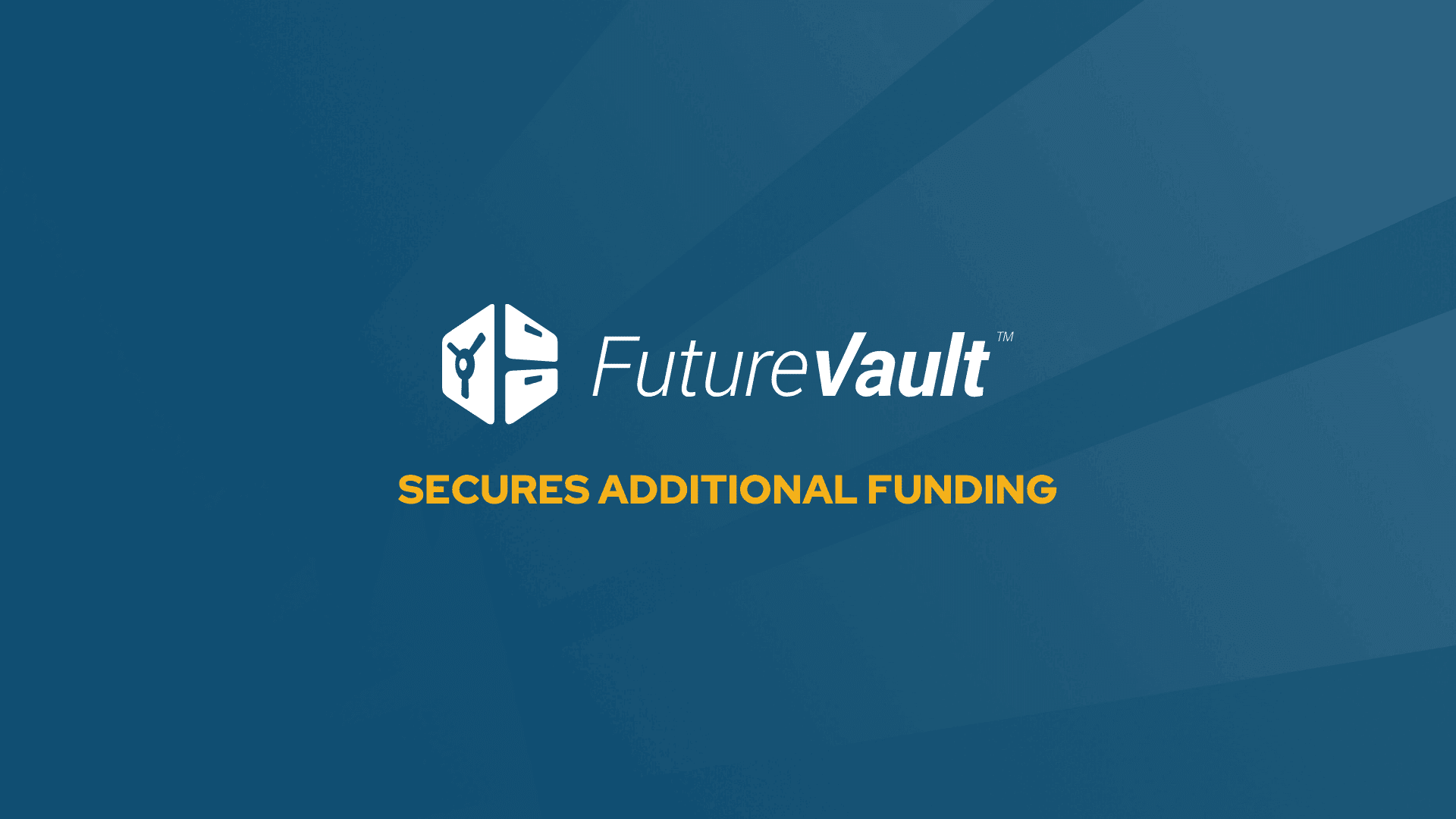Last week, my sister-in-law called us to share some news while at the same time seeking some advice.
Her and her husband’s financial advisor, unfortunately… and unintentionally, of course… made a very easy but costly mistake…
An email was sent to them with some account and portfolio updates along with corresponding documents that included very personal information along with financial information such as account numbers, balances, and yes, even their social insurance numbers.
But, as you might have guessed, this email did not just get sent to the two of them… it was sent to the advisor’s entire list of contacts which included other clients of the firm.
The potential consequences of this small and unintentional action might just come back to haunt this advisor in many different ways… and can easily result in negative outcomes for everyone.
There are a lot of “costs” that can come with a situation like this including fraud, the costs of additional insurance (consumer protection), fines, and of course, being let go.
However, arguably, one of the biggest costs associated with this is trust… or rather the potential mistrust.
And not just from my sister-in-law or her family… but from everyone recipient on the receiving side of the email who opened it.
Believe me, I feel absolutely terrible for what transpired for all parties and for especially the advisor… I can only imagine the level of stress, anxiety, guilt, and concern that must have gone through their head when it first took place and likely still today.
And I’m sure that wasn’t the easiest of conversations to be had with the compliance and security officer.
But there’s a broader message here that needs to be echoed to all practicing advisors, independent firms, Broker-Dealers, and larger institutions…
Advisors, associates, assistants, and anyone else actively involved with sending, receiving, and managing critical client information and documentation… please, please, please think twice before sending over email.
Unfortunately, this easy but (potentially) costly mistake could have been avoided altogether.
WealthTech has come a very long way in such a short amount of time and exists to help augment the many mundane and routine tasks that advisors and administrate staff are tasked with.
And the above story is just one of the MANY reasons why FutureVault exists.
Security, compliance, efficiency, trust. That’s what we promise and that’s what we help you deliver to your clients.
As we always like to say… What happens in the Vault, stays in the Vault.
The next time you are considering sending sensitive documents and information over email or even asking your clients to send in materials your way, ask yourself if there is a better, more secure, and more efficient way.
I think you know the answer… and so do we.
Benefits of a Secure Digital Document Vault for Your Clients
What exactly are some of the main benefits of having a secure digital document vault to access, distribute and exchange critical documents with your clients? We’ve compiled a list of ten (out of several more) benefits that can bring immediate value to your firm, your advisors, and your clients.
1) Protection of sensitive information: Digital document vaults provide secure storage for sensitive documents such as financial statements, tax returns, and personal identification, ensuring that this information is protected from unauthorized access.
2) Compliance with regulations: A digital document vault can help financial advisors comply with regulations such as FINRA, IIROC, SEC, OSC, etc., by providing a secure and auditable location for storing client documents.
3) Data backup and disaster recovery: Digital document vaults provide a secure location for backing up important documents, ensuring that they can be recovered in the event of a disaster such as a fire or a flood.
4) Improved collaboration and engagement: Digital document vaults enable advisors to share documents with clients, other team members, and with third-party trusted collaborators to improve collaboration and many parts of the planning process.
5) Easy access to important documents: Digital document vaults provide easy and convenient access to important documents from any location, allowing advisors and clients to quickly find and view the information they need.
6) Streamlined workflows: Digital document vaults can integrate with other tools such as CRM and portfolio management software, streamlining workflows and improving efficiency.
7) Enhanced security and privacy: Digital document vaults use advanced security measures such as encryption and two-factor authentication to protect against unauthorized access, ensuring that client information remains private and secure.
8) Better data organization and information governance: Digital document vaults provide a centralized location for storing client documents, making it easy to organize and find important information.
9) Improved client service: Digital document vaults provide easy access to important documents, allowing advisors to respond quickly to client requests and provide better service.
10) Reduced risk of data breaches: Digital document vaults help protect against data breaches by providing a secure location for storing sensitive client information.





